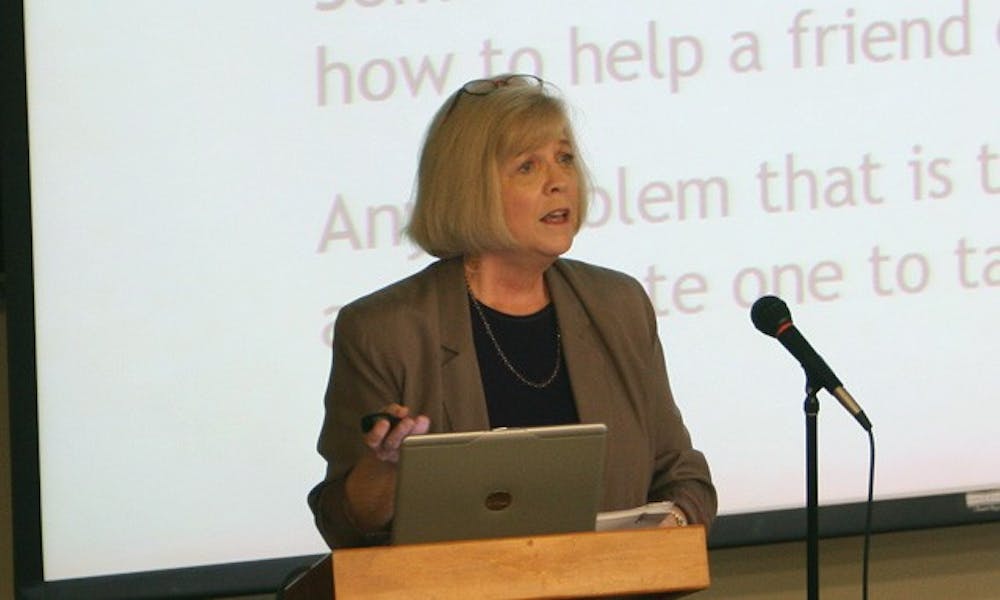After a recent poll revealed that University faculty overwhelmingly opposes recent cuts in research budgets, the Arts and Sciences Council voted Thursday to formally appeal for increased funding.
In order to find savings during the economic downturn, the University slashed the Committee on Faculty Research budget by 75 percent, promising to restore funding once Trinity College of Arts and Sciences’ financial situation improves sufficiently. But the poll, which surveyed 350 faculty members, revealed that many professors strongly oppose the cuts.
Comments collected by the poll asserted that adequate funding of faculty research is “fundamental to the quality of the institution” and “crucial to faculty productivity and competitiveness.”
The Committee on Faculty Research is responsible for administering an annual budget, allocating funds for research, Duke-hosted conferences and business travel expenses. The budget is determined by the office of the dean of the faculty of Arts and Sciences.
Unlike in previous years, the committee is no longer being provided with funding to cover travel expenses or start-up costs. Now, all funding must be directly tied to research, Council Chair Ruth Day said.
Thursday’s resolution calls for the restoration and increase of the committee budget as well as a request that the Executive Committee of Arts and Sciences Council be consulted if budget restrictions are to be considered in the future.
An increase in research funding would “support the critical role of faculty research in the overall mission of the University,” the resolution states.
At the meeting, Alvin Crumbliss, dean of Trinity College and the faculty of Arts and Sciences, assured the council that he was sensitive to its concerns. He noted, though, that all faculty members received additional research funding upon their hiring. He also indicated that he anticipates that the larger Arts and Sciences budget will increase despite the University’s $40 million budget deficit.
“A re-institution of the $300,000 that was taken away this fiscal year cannot be guaranteed,” he added. “The promise was that those funds would be given back when the University’s situation had improved. I hope that’s next year.”
Still, Carol Apollonio, assistant professor of Slavic and Eurasian Studies and a Chronicle columnist, stressed the importance of restoring faculty research funding.
“My sense is that for those of us who don’t have enough access to these funds, its absolutely essential,” she said.
In other business:
Kathy Hollingsworth, executive director of Counseling and Psychology Services, spoke with the council about resources available to students in an effort to help faculty address mental health concerns. She noted that anxiety, school work, depression, procrastination and self-esteem are the most common issues that students have brought to CAPS over the past three years.
“Anxiety is above and beyond the major concern that students have,” Hollingsworth said. “And school work is [a problem] because students’ identities are so organized around being gifted and competitive that when their school work goes, they enter into a crisis.”
Michael Schoenfeld, vice president for public affairs and government relations, addressed the University’s own self-esteem, explaining to faculty the concept of the “Duke brand” and what factors affect the school’s reputation.
Senior Andrew Schreiber, Duke Student Government chief of staff, asked how recent instances of Duke in the national spotlight, like Karen Owen’s PowerPoint, have affected this brand.
“Every high-profile institution is going to receive this kind of attention,” Schoenfeld replied. “In a world in which an honors thesis can travel to places we never would have expected, we have to learn how to address these issues. We’re more concerned with the long-term implications.”
Get The Chronicle straight to your inbox
Signup for our weekly newsletter. Cancel at any time.

